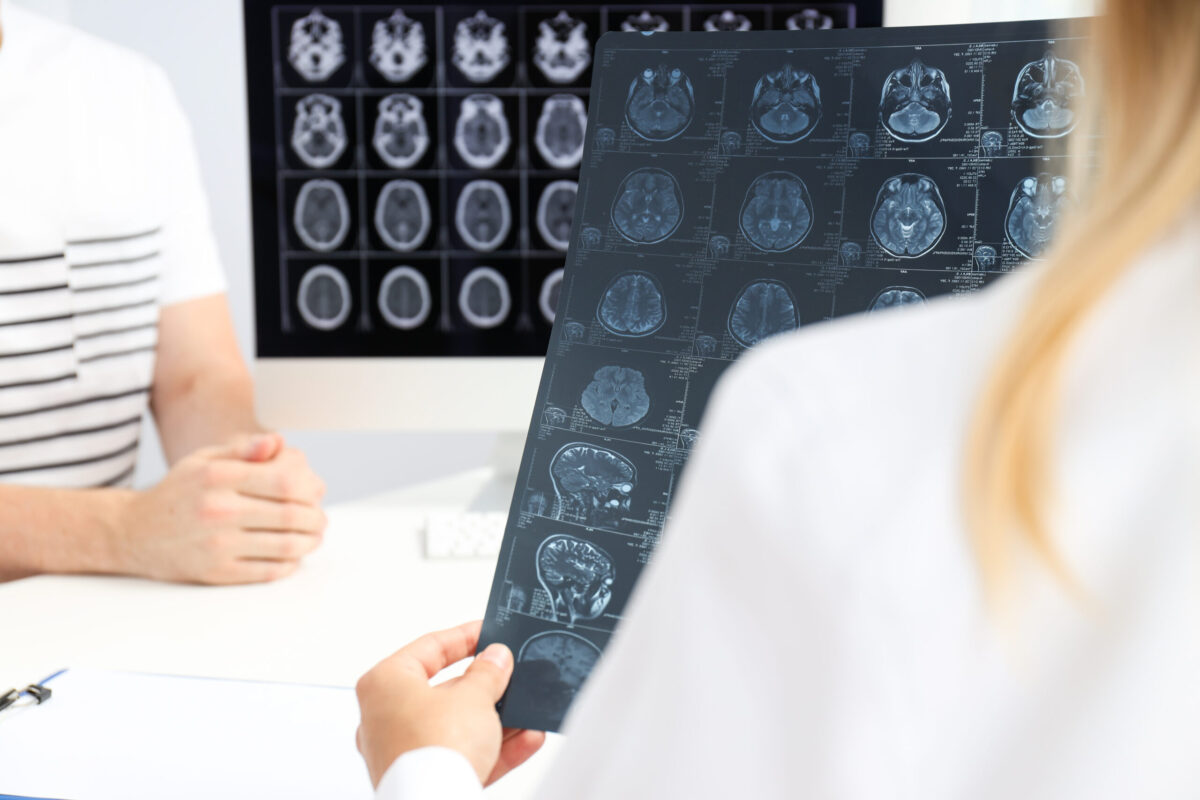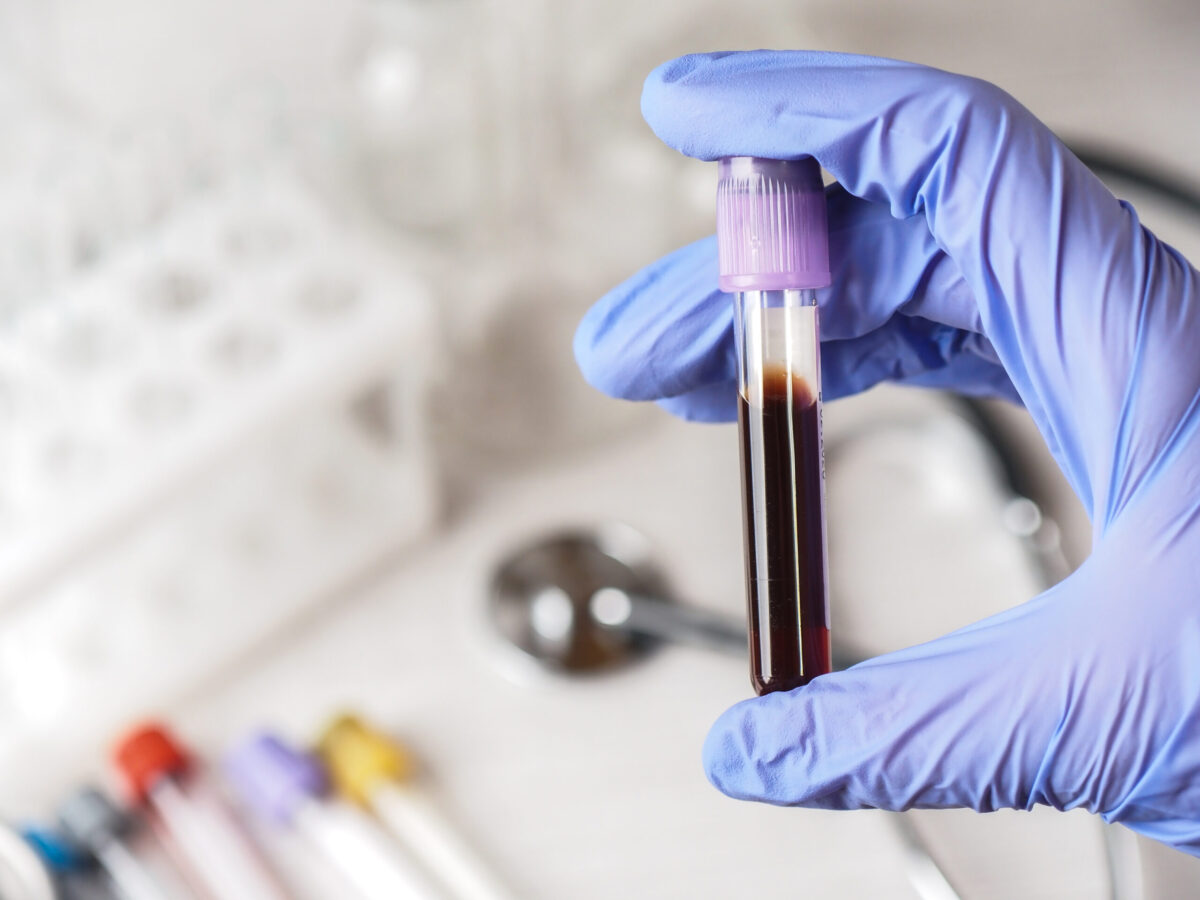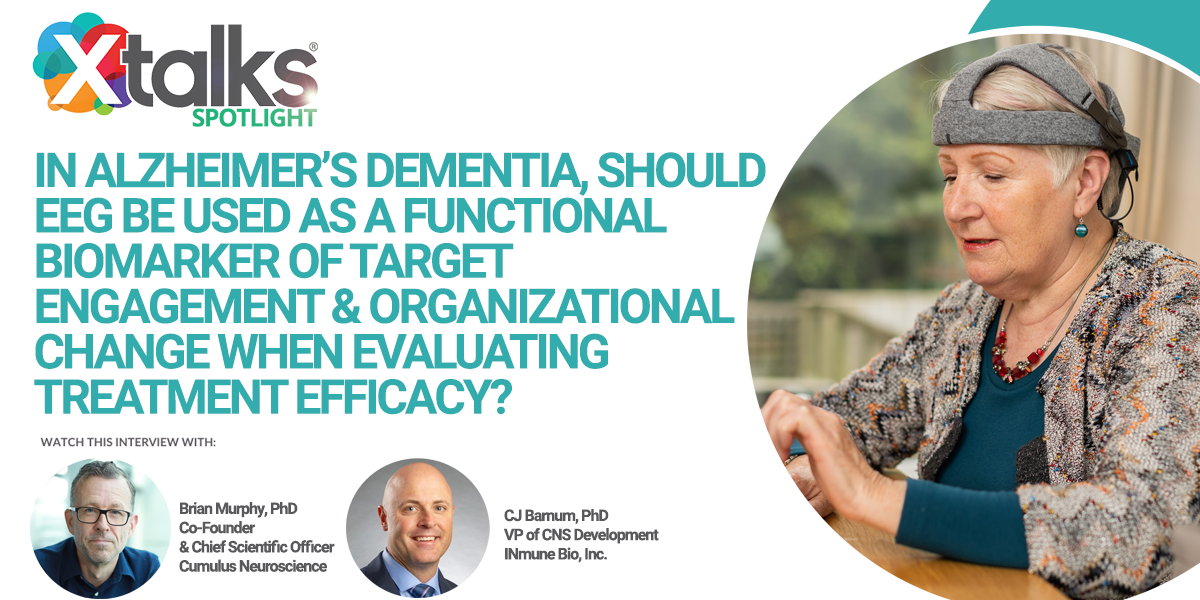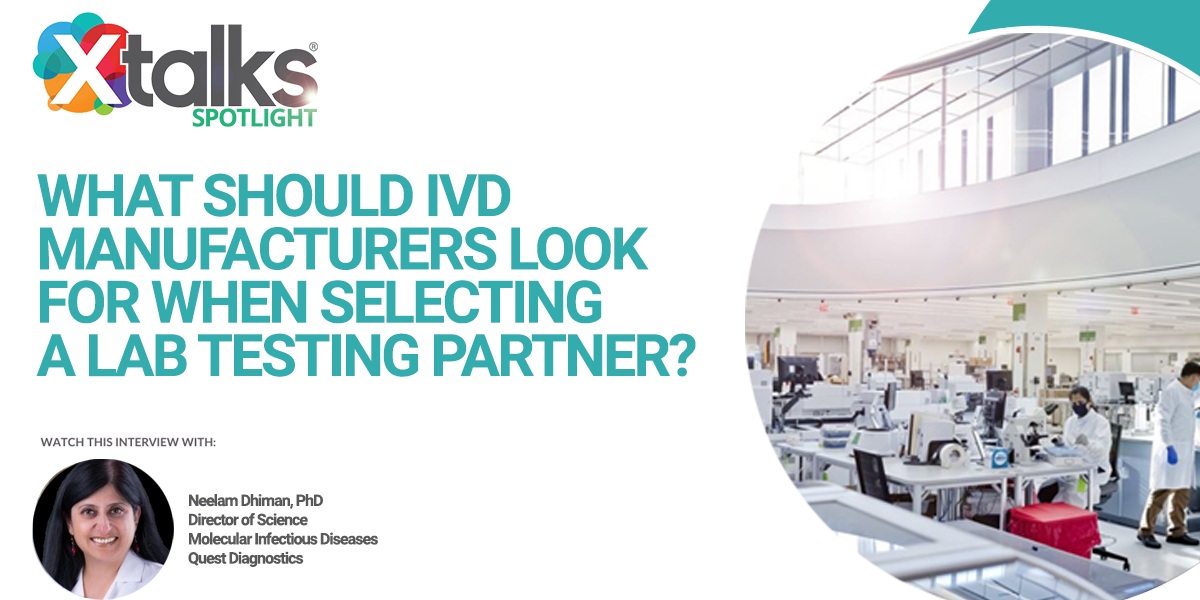A new blood test developed by researchers at Randox Laboratories could help identify patients who face a higher risk of developing Alzheimer’s disease. In testing this diagnostic, the research scientists found that the results were as accurate as those from currently-available molecular tests.
“This is the first time that we have used this biochip technology to test for an increased risk of Alzheimer’s disease,” said Dr. Emma C. Harte, a research scientist at Randox Laboratories. “This type of testing is important in our quest to understand and diagnose Alzheimer’s and empower patients to understand risks, consider medication, and even make early lifestyle changes.”
The biochip-based test runs multiple analyses on a single blood sample, which is a marked improvement over single DNA-based tests. The details of the blood test were presented at the 68th AACC Annual Scientific Meeting & Clinical Lab Expo in Philadelphia.
The biochip test works by detecting a variant of apolipoprotein in a patient’s blood sample, which is produced by the ApoE4 gene. Certain mutations in this gene have previously been associated with an increased risk of developing Alzheimer’s disease.
Just one copy of the ApoE4 gene increases a person’s risk of developing the neurodegenerative disorder three-fold. When both copies of the gene carry the mutation, a patient faces an eight to 12-fold higher risk of Alzheimer’s.
In accessing the accuracy of the biochip blood test, the developers compared the results from 384 samples to those from DNA-based diagnostics. The researchers from Randox Laboratories, along with their collaborators at the Medical University of Vienna, found that all results were consistent across the two test types.
In addition to allowing clinicians to run multiple tests on a single blood sample, the biochip test is also less expensive than the standard test. With results from the biochip blood test in just three hours, the diagnostic could permit doctors to assess Alzheimer’s risk more rapidly than ever before.
“Pairing this test with medical and family history for risk of Alzheimer’s disease has the real potential to advance personalized medicine,” said Harte. “This fast, accurate testing will allow doctors and patients to make more informed choices earlier to potentially slow the possible progress of Alzheimer’s.”












Join or login to leave a comment
JOIN LOGIN